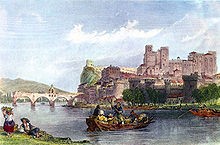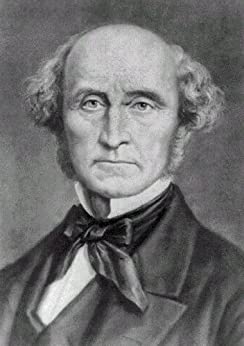
John Stuart Mill’s contributions to social and political theory and political economy render him one of the greatest nineteenth-century English-speaking philosophers.
Below is an excerpt from a biography of John Stuart Mill included with our books.
| Title | Published |
|---|---|
| The Principles of Political Economy | 1848 |
| On Liberty | 1859 |
The birth date of John Mill’s birth was recorded on 20 May 1806 on Rodney Street in the Pentonville area of London, England. John Mill was educated by his father, with the advice and assistance of Jeremy Bentham and Francis Place.
Jeremy Bentham was a British philosopher, jurist and social reformer and he is regarded as the founder of modern utilitarianism. Francis Place was a famous English social reformer.
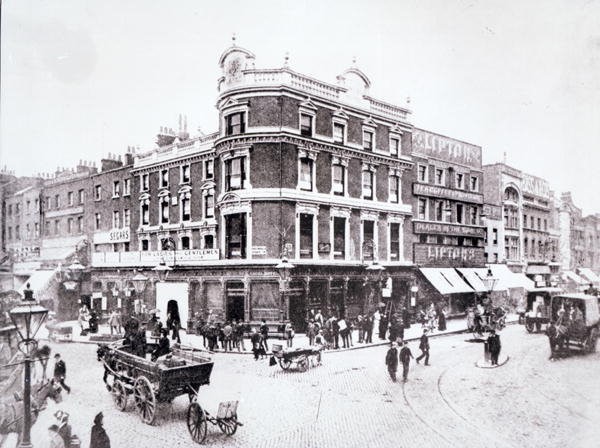
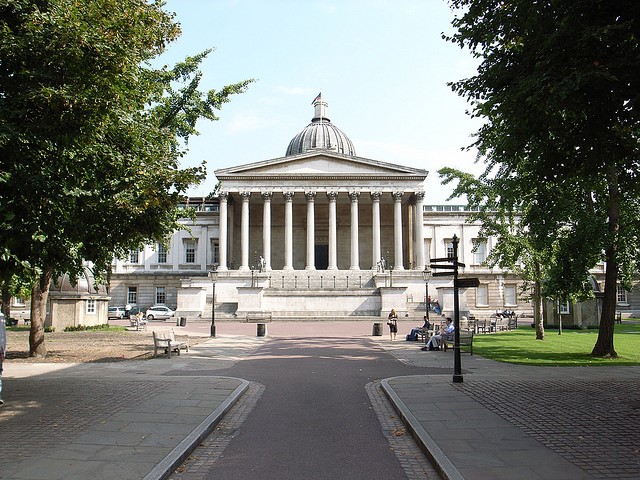
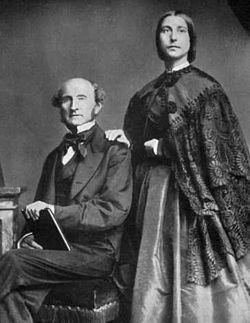
Mill refused to study at the University of Oxford or the University of Cambridge. Instead he followed his father James Mill to work for the East India Company until 1858. John Mill attended University College, London to hear the lectures of John Austin, the first Professor of Jurisprudence.
John Mill at the age of twelve began a thorough study of the scholastic logic, Aristotle’s logical treatises in the original language, Adam Smith, and David Ricardo with his father James Mill.
Aristotle is ancient Greek philosopher and scientist, one of the greatest intellectual figures of Western history. Adam Smith is the greatest economist in modern economic history.
Ultimately, James Mill and his father John Mill completed their classical economic view of factors of production. John Mill helped his father in writing Elements of Political Economy in 1821, a textbook to promote the ideas of Ricardo, who was a close friend of his father James Mill.
David Ricardo is one of the greatest economists in modern economic history.
At age fourteen, Mill stayed a year in France with the family of Sir Samuel Bentham, brother of Jeremy Bentham. While coming and going from France, there he met many leaders of the Liberal party, as well as other notable Parisians, including Henri Saint-Simon.
In 1851, Mill married Harriet Taylor. Taylor was a significant influence on Mill’s work and ideas during both friendship and marriage. His relationship with Harriet Taylor reinforced Mill’s advocacy of women’s rights. He cited her influence in his final revision of On Liberty.
Between the years 1865–1868 Mill was Lord Rector of the University of St. Andrews. During the same period, 1865-8, he was a Member of Parliament for City and Westminster.
He was elected a Foreign Honorary Member of the American Academy of Arts and Sciences in 1856.
Mill died in 1873 of erysipelas in Avignon, France, where he was buried alongside his wife Harriet Taylor.
